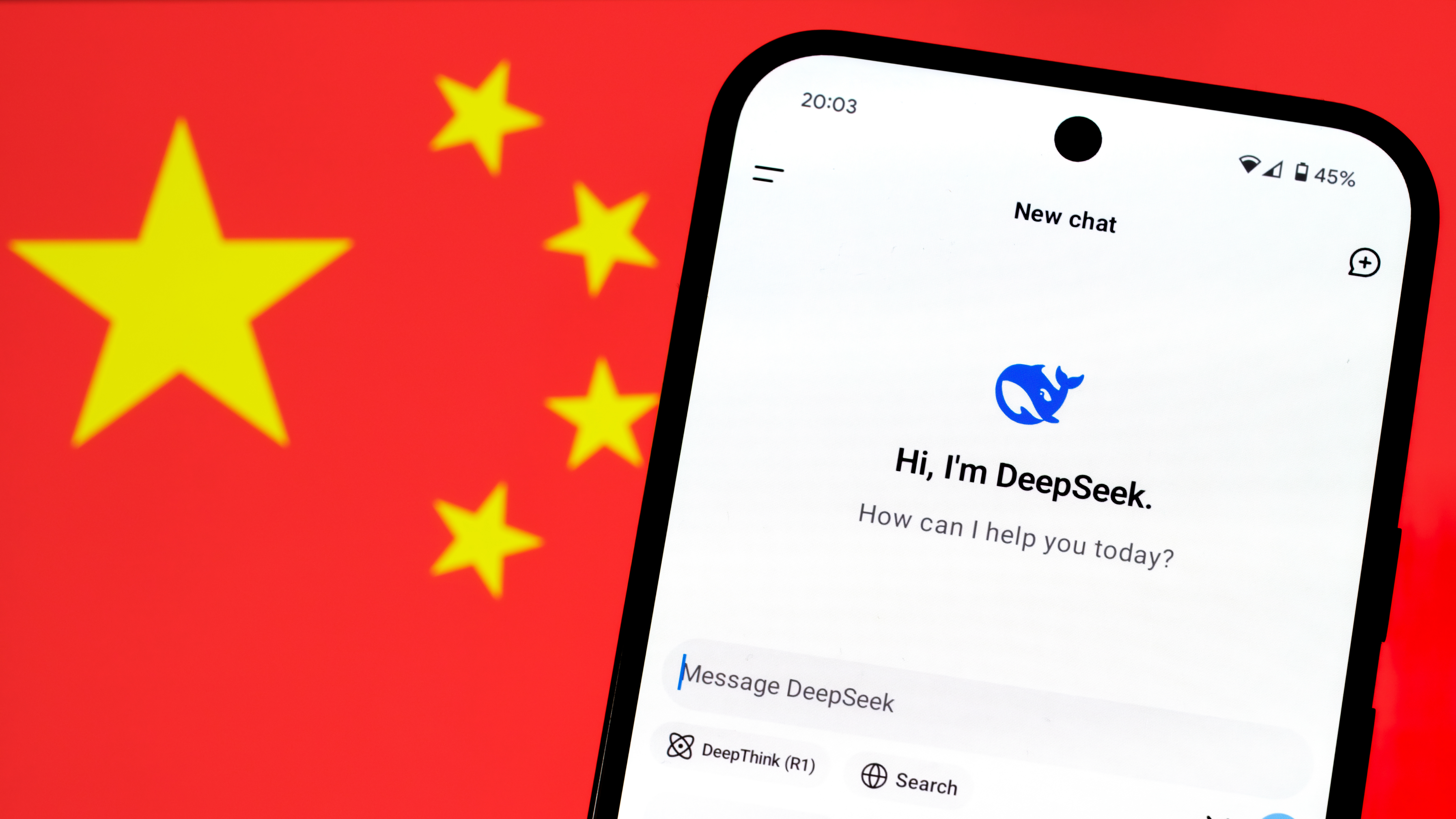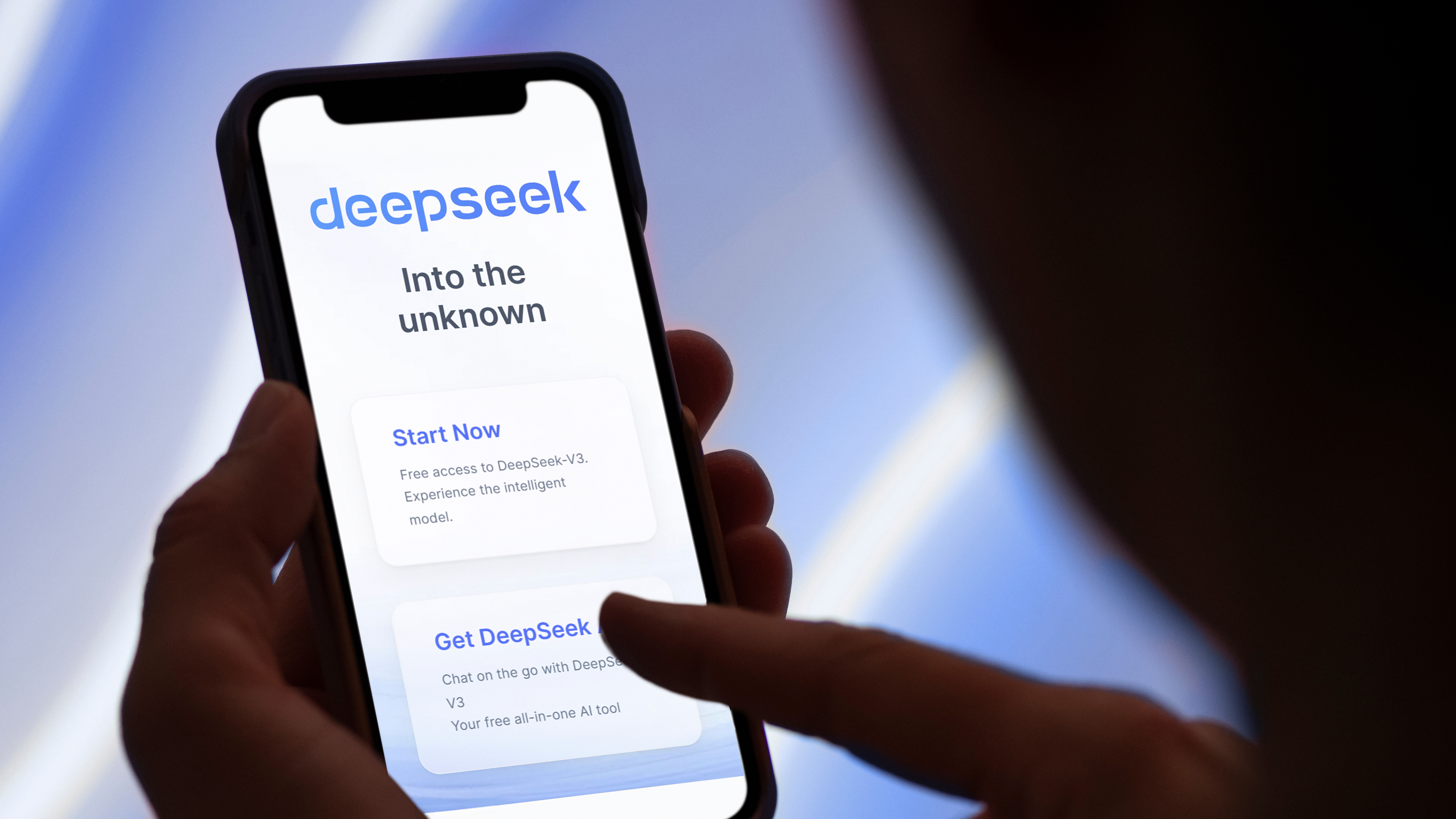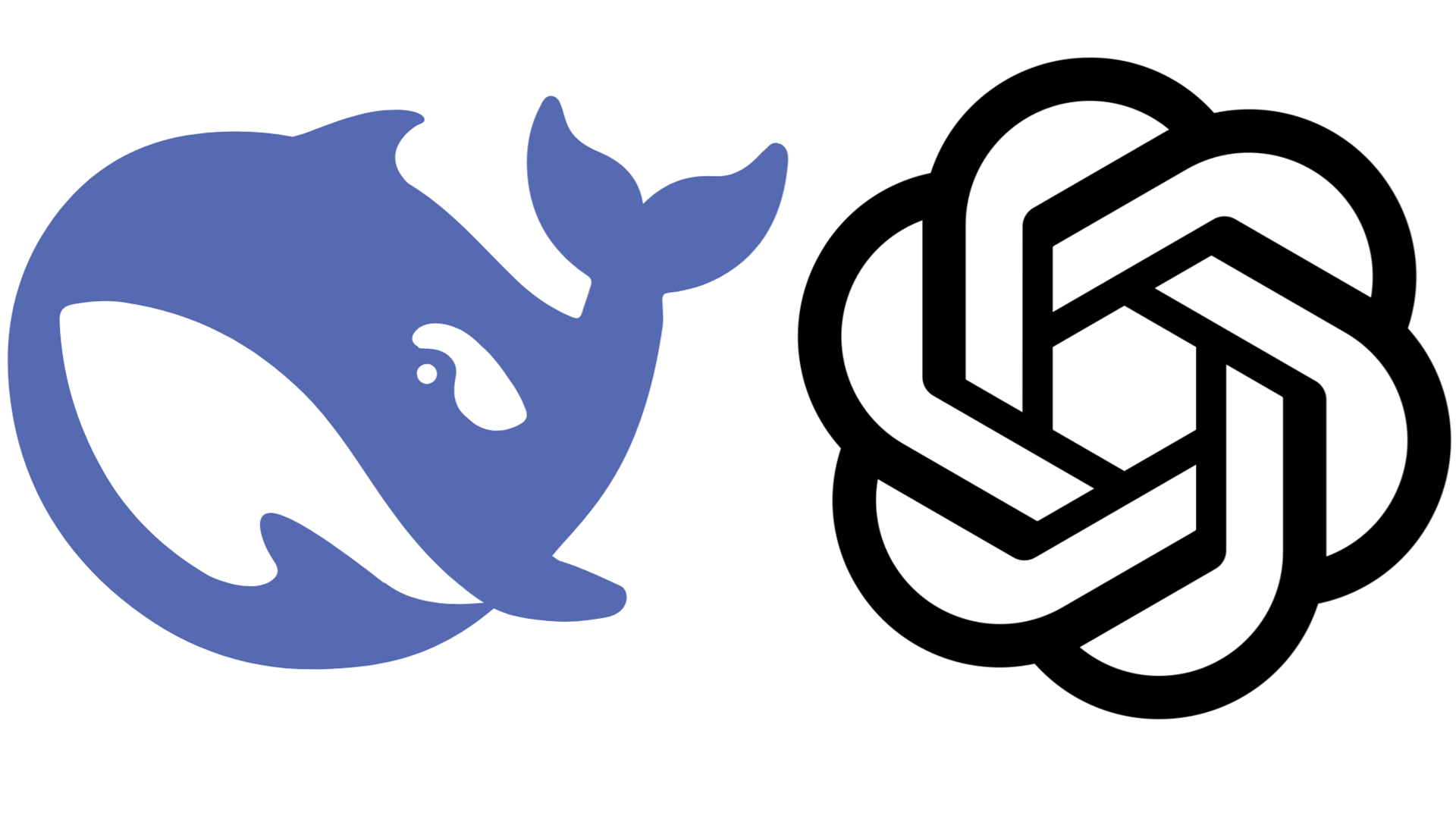
The Chinese-developed DeepSeek chatbot has sent shockwaves through the AI world since its January 20 release. After only one week, it surpassed its rival ChatGPT by becoming the most downloaded free app in the US and UK. Globally, 12 million people downloaded the DeepSeek app within just 48 hours of its launch, marking a growth even faster than its OpenAI counterpart.
The DeepSeek phenomenon hasn't only attract AI fans and curious users, though. The security and privacy concerns of worldwide governments have been raised resulting in multiple DeepSeek bans or investigations at the very least. Here's what's happened so far and what the future for DeepSeek might look like...
Who's going after DeepSeek and why?
More and more countries around the world have growing concerns about the DeepSeek frenzy and have initiated some action over the past two weeks – whether that's a privacy complaint, wider investigation, or software ban. Here's the list so far:
- EU nations. While Italy was the first to launch an investigation into DeepSeek's data privacy and security practices on January 28, 2025, some other EU members have filed similar complaints. These are France, the Netherlands, Luxembourg, Germany, and Portugal.
- United States. The US Navy and NASA have banned their employees from using DeepSeek owing to security and ethical concerns. Texas is, so far, the only US State to have issued a DeepSeek ban from all government devices. A new bill, however, now seeks to do so for all government devices across the country. Another proposed law could see all US DeepSeek users face million-dollar fines and even prison time.
- Taiwan. Authorities in Taiwan banned all government agencies from using DeepSeek on Monday, February 3, citing risks to the country's information security. Concerns also included the chatbot's censorship and the danger of user data being sent to China.
- Australia. Australia banned DeepSeek from all government devices and systems last week. As the BBC reported, authorities said the ban isn't because of the app being Chinese, but of the "unacceptable risk" it poses to national security.
- South Korea. On Thursday, February 6, South Korea barred people working in the country's ministries from using DeepSeek owing to security concerns.
According to Director of Communications & Advocacy at ExpressVPN, Lauren Hendry Parsons, these actions don't come as a surprise. The public and private sectors are now largely making use of AI tools, she explains, making it crucial to ensure compliance with data protection regulations like GDPR is respected.
Parsons said: "The murkiness around DeepSeek’s potential bias and where user data is being sent should provoke action from key regulators and legislators. I would be more concerned if countries weren’t exercising privacy-related investigations or taking any action at all."

Countries worldwide have, nonetheless, taken a different approach to the potential threats posed by DeepSeek.
In the EU, nations have issued complaints under the GDPR after examining the platform's privacy policy and finding "multiple violations" of European rules. These include transfers of citizens' data to China without the required safeguards, unclear information on how customer data is used for online profiling, non-transparent information over data retention periods, and more.
Taiwan and Australia's decision to ban DeppSeek's usage on government devices comes as a more "security-driven approach", as Parsons puts it.
"The US moves blend both privacy/security concerns with a noticeable undertone of economic protectionism," said Parsons. "It's particularly evident in their proposal to penalize DeepSeek users."
Is DeepSeek worse than ChatGPT or similar generative AI tools?
DeepSeek’s R1 AI is China's alternative to the US-developed ChatGPT, Gemini, and similar tools but, does this alone make DeepSeek less safe? As ever, the devil is in the detail.
It should be noted that, in April 2023, OpenAI's chatbot got itself into trouble in Europe, with Italy's Garante temporarily banning ChatGPT over privacy concerns, but the EU's recent audit of DeepSeek's privacy policy was particularly striking. It revealed that DeepSeek logs all kinds of user details, including even keystroke patterns – enough for a GDPR complaint on its own.

DeepSeek's issues are mainly linked to the fact the chatbot stored all users' data on its Chinese servers and, as per the provider's own wording, will be used to "comply with our legal obligations, or as necessary to perform tasks in the public interest, or to protect the vital interests of our users and other people." Not exactly reassuring.
Security experts also found that DeepSeek is 11 times more dangerous than other AI chatbots, with cybercriminals able to exploit the service to generate harmful content and malicious codes, among other things. It all adds up to concerns around last week's data breach that exposed over one million records.
All in all, Jurgita Miseviciute, Head of Public Policy at privacy firm Proton, still believes it's worth it for the EU and beyond to keep investigating the threats posed by all AI chatbots. She told TechRadar:
"Regulatory bodies should scrutinize AI firms for privacy and security concerns, but this scrutiny must be consistent. It’s not enough to focus solely on Chinese companies – US tech giants operating in the AI space have similarly questionable privacy practices."
What's next?
While it's still difficult to predict what could happen next, the ongoing pressure on DeepSeek will inevitably have an impact on the Chinese AI firm and, perhaps, even on the AI industry more broadly.
Parsons from ExpressVPN expects more countries to join the list of governments seeking to take action against the new AI chatbot. These include countries with heightened cybersecurity concerns like Japan and India, or jurisdictions with strict data sovereignty laws, like Russia or Brazil.
These legal efforts could result in usage bans and fines, which could lead DeepSeek to modify its data practices.
"On a broader scale, these actions may pave the way for an international framework that sets new precedents for AI regulation," Parsons told TechRadar.
Bans and legal action alone won’t solve the broader issues.
Jurgita Miseviciute, Proton
On a less optimistic stance, Proton's Miseviciute believes these bans are often short-lived.
"Bans and legal action alone won’t solve the broader issues" she said. "The real solution lies in fostering a competitive tech landscape and educating consumers."
According to Miseviciute, it's us, the users, who must understand the implications of using AI tools and how these handle our data – no matter whether they're from China, the US, or anywhere else. This is why she believes that worried governments should focus on ensuring customers are well-informed about the tools they use and less caught up in legal knots.
"Users vote with their traffic numbers," agreed Parsons. "DeepSeek isn't the only AI bot available and if there are more privacy-focused or ethical alternatives, then it’s up to people to decide which option they want to entrust with their data."







